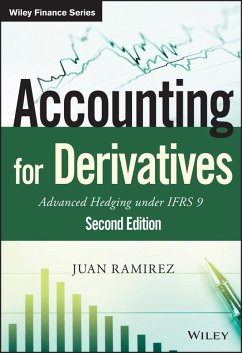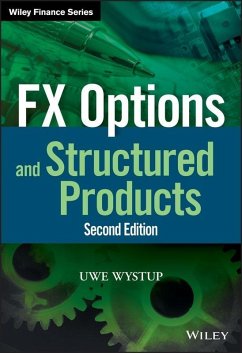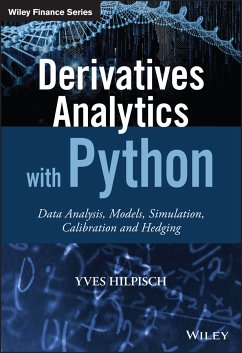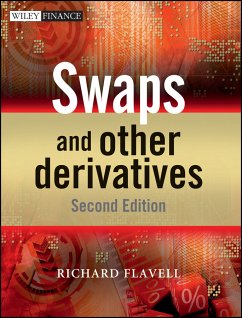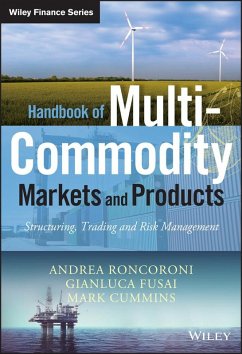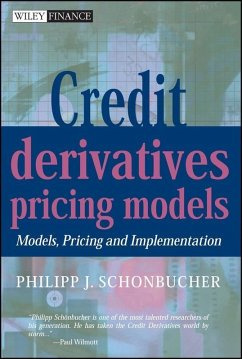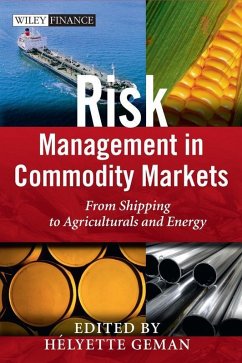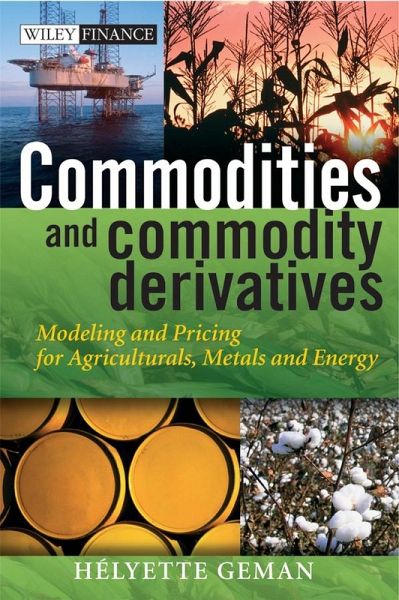
Commodities and Commodity Derivatives (eBook, PDF)
Modeling and Pricing for Agriculturals, Metals and Energy
Versandkostenfrei!
Sofort per Download lieferbar
90,99 €
inkl. MwSt.
Weitere Ausgaben:

PAYBACK Punkte
0 °P sammeln!
The last few years have been a watershed for the commodities, cash and derivatives industry. New regulations and products have led to an explosion in the commodities markets, creating a new asset for investors that includes hedge funds as well as University endowments, and has resulted in a spectacular growth in spot and derivative trading. This book covers hard and soft commodities (energy, agriculture and metals) and analyses: * Economic and geopolitical issues in commodities markets * Commodity price and volume risk * Stochastic modelling of commodity spot prices and forward curves * Real o...
The last few years have been a watershed for the commodities, cash and derivatives industry. New regulations and products have led to an explosion in the commodities markets, creating a new asset for investors that includes hedge funds as well as University endowments, and has resulted in a spectacular growth in spot and derivative trading. This book covers hard and soft commodities (energy, agriculture and metals) and analyses: * Economic and geopolitical issues in commodities markets * Commodity price and volume risk * Stochastic modelling of commodity spot prices and forward curves * Real options valuation and hedging of physical assets in the energy industry It is required reading for energy companies and utilities practitioners, commodity cash and derivatives traders in investment banks, the Agrifood business, Commodity Trading Advisors (CTAs) and Hedge Funds. In Commodities and Commodity Derivatives, Hélyette Geman shows her powerful command of the subject by combining a rigorous development of its mathematical modelling with a compact institutional presentation of the arcane characteristics of commodities that makes the complex analysis of commodities derivative securities accessible to both the academic and practitioner who wants a deep foundation and a breadth of different market applications. It is destined to be a "must have" on the subject." --Robert Merton, Professor, Harvard Business School "A marvelously comprehensive book of interest to academics and practitioners alike, by one of the world's foremost experts in the field." --Oldrich Vasicek, founder, KMV
Dieser Download kann aus rechtlichen Gründen nur mit Rechnungsadresse in D ausgeliefert werden.




